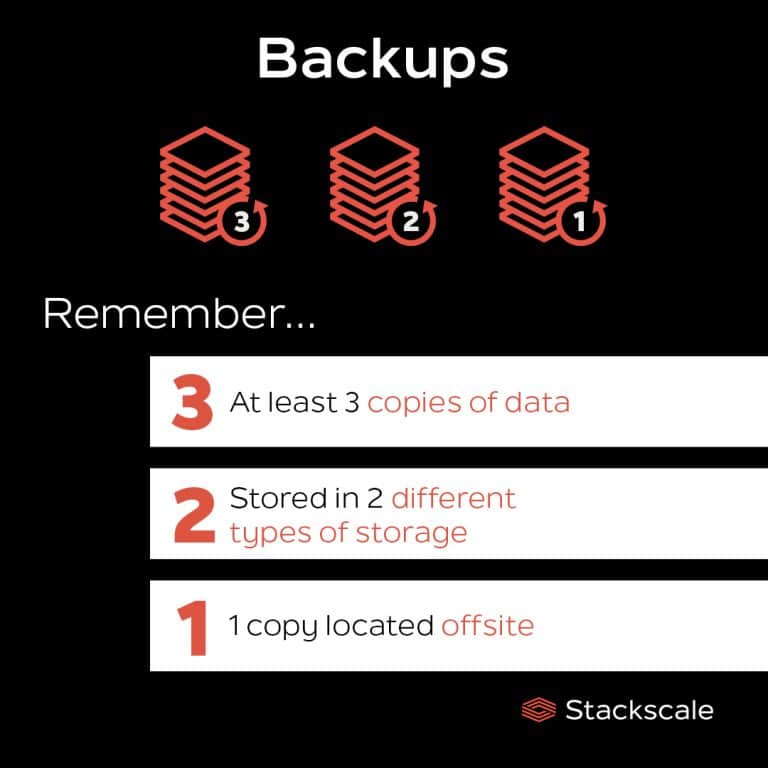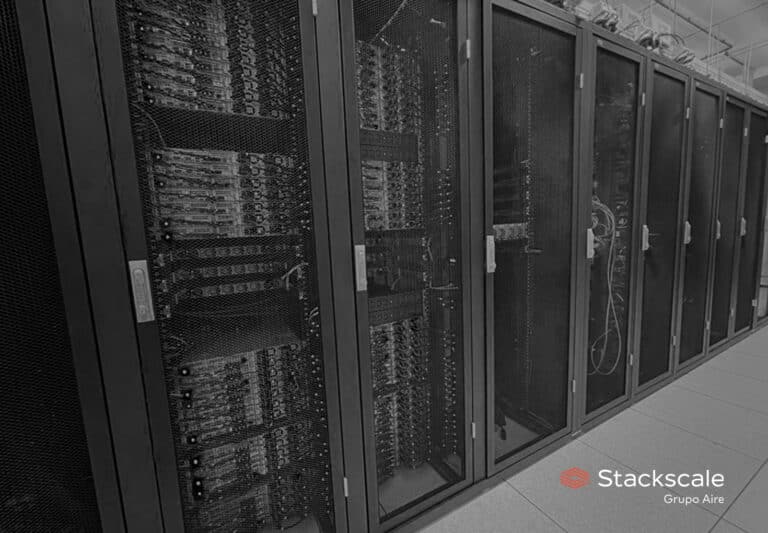Events like the heavy snowfall provoked by Storm Filomena in Madrid last January or the coronavirus pandemic we are facing have highlighted the importance of business continuity. Contingency and Disaster Recovery (DR) planning is simply essential for critical infrastructures like data centers, but not only. In the digital economy, DR planning has become indispensable for virtually any organisation; in light of the increase of cyberattacks, the adverse effects of climate change, etc.
As their services are critical to many organizations and essential sectors, data centers are experts in service continuity and disaster recovery planning. So, any company can learn a lot from their expertise. That is why, after the heavy snowfall, we talked to Equinix — one of the data centers where Stackscale has infrastructure — to know more about how they managed such an unusual situation in Madrid. From their experience, we have gathered some key aspects for ensuring business continuity in data centers during crisis situations.
Anticipation and coordination
Proactivity, communication and coordination are key. As we explain in our article about designing a DR plan, defining a clear protocol of action is vital for ensuring that, when the time comes, the plan can be executed smoothly. After all, activating the protocols established for crisis situations is the first step in case of an emergency.
Equinix’s Director of Facility Operations in Spain, Juan Romero, explains that one of their first actions, in the light of Storm Filomena, was to contact the corresponding public authorities to ensure the data center entrance’s clean up was prioritized. At the same time they anticipated the necessary equipment for removing snow as well as food and beverages for the employees that remained in the facilities.
Teams’ availability and organization
Technical and security teams always play an important role; but especially during crisis situations. That is why, during the heavy snowfall in Madrid, one of the main Equinix’s actions was to accommodate essential employees in nearby hotels in order to guarantee infrastructure and service continuity. Apart from technical and security staff, data centers also reinforced staff for shoveling snow on the rooftop — where the mechanical shovels could not access.
System monitoring and control reinforcement
Managing, maintaining and monitoring the infrastructure is part of the daily work in any data center. To monitor their long list of critical parameters, data centers rely on automation. This way, they can quickly notice if there is any issue and can easily control that no event disrupts the infrastructure.
System monitoring and control become even more critical during crisis situations and are, therefore, reinforced. Technicians must be especially attentive to any anomaly or disruption an unusual situation might provoke. In Equinix data centers in Madrid, for instance, systems were checked every 30 minutes during the heavy snowfall. Since, although it might be common in other locations, Madrid hadn’t experienced such a snowfall for decades.
To sum up, when facing an emergency situation, not only is it important to have the right resources, but also to properly coordinate them in order to be fully prepared for any contingency.





